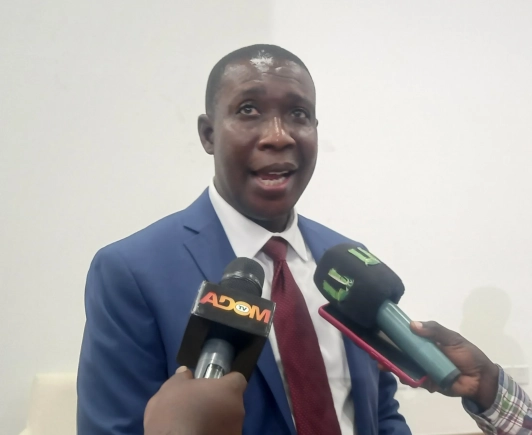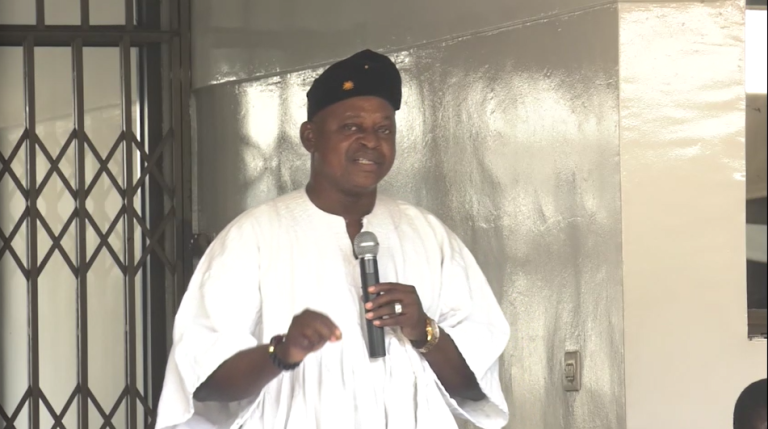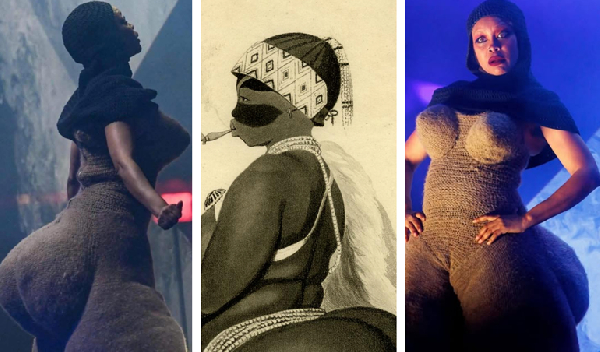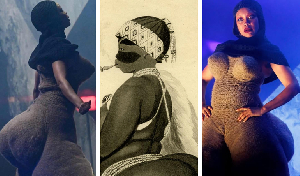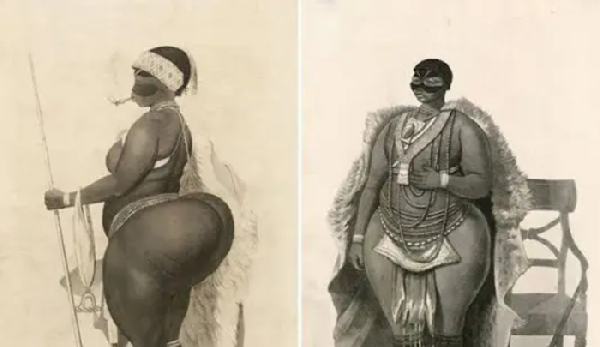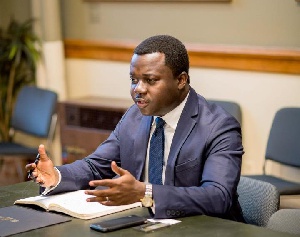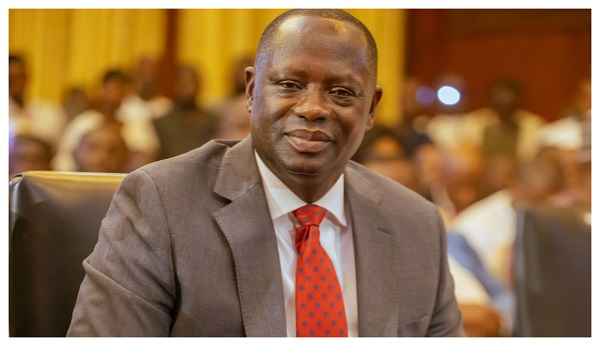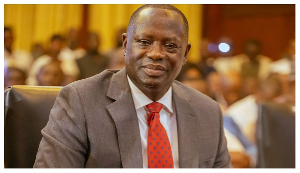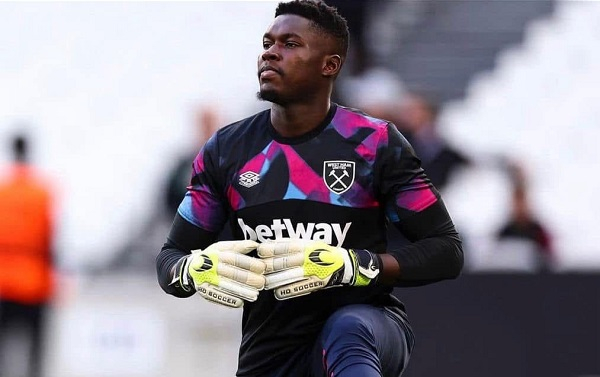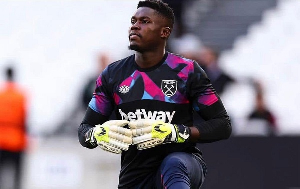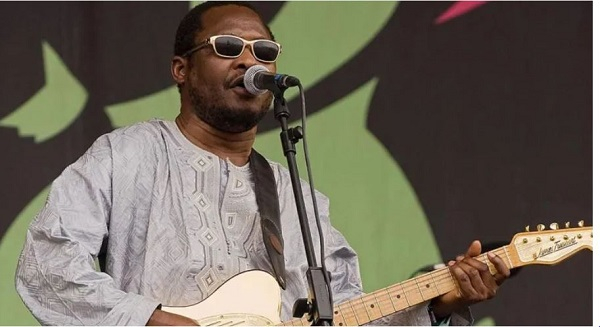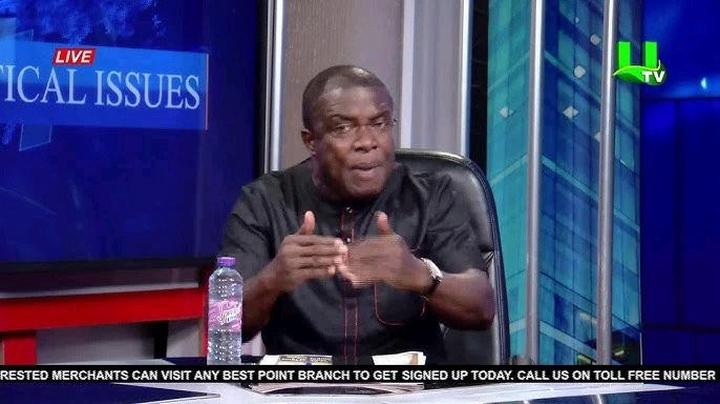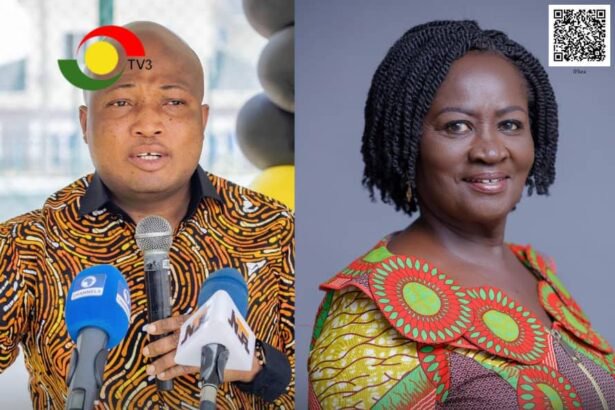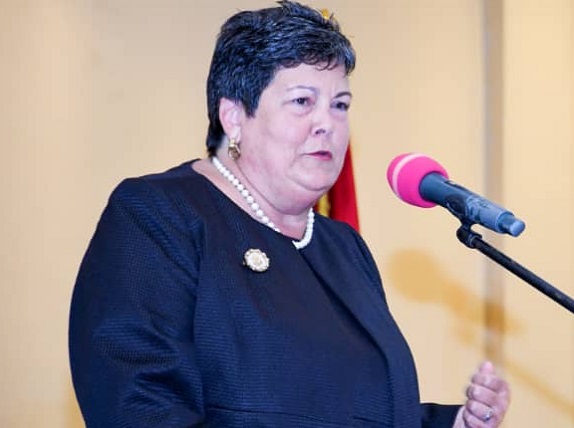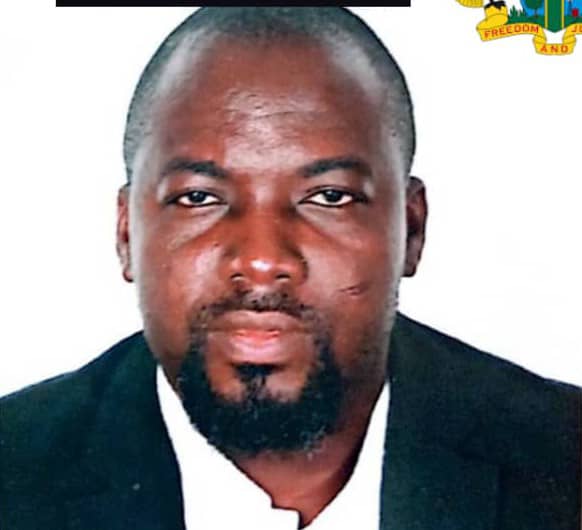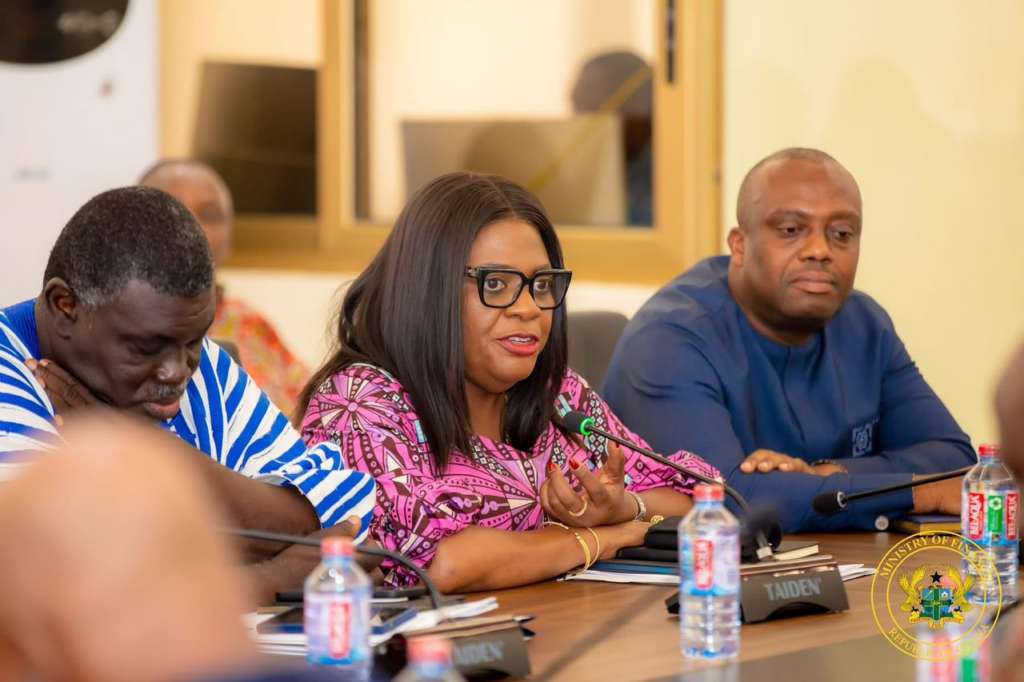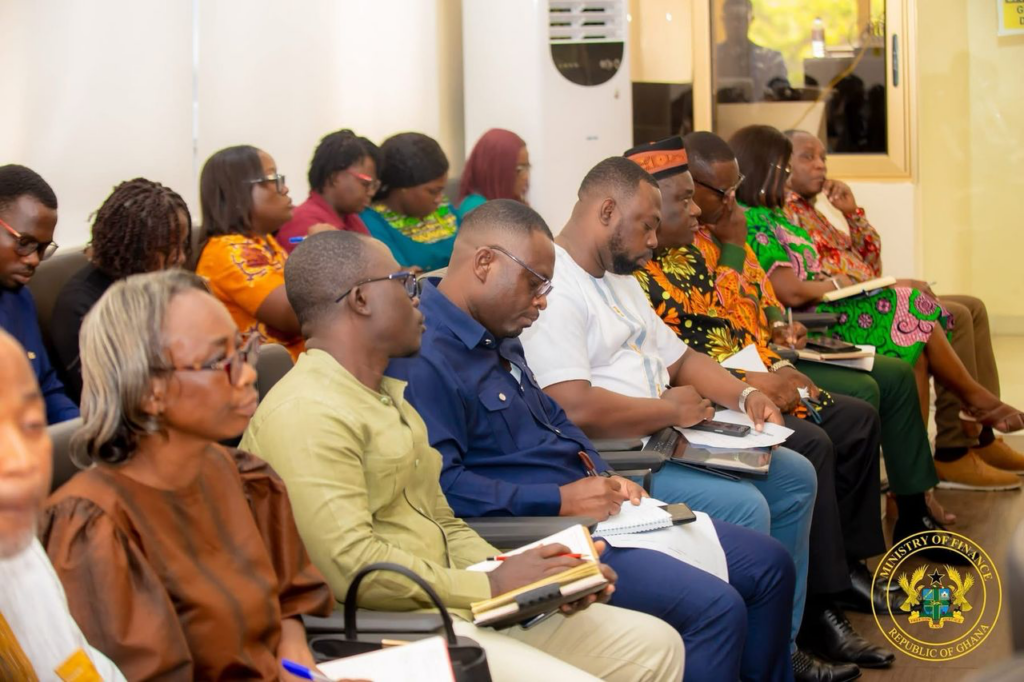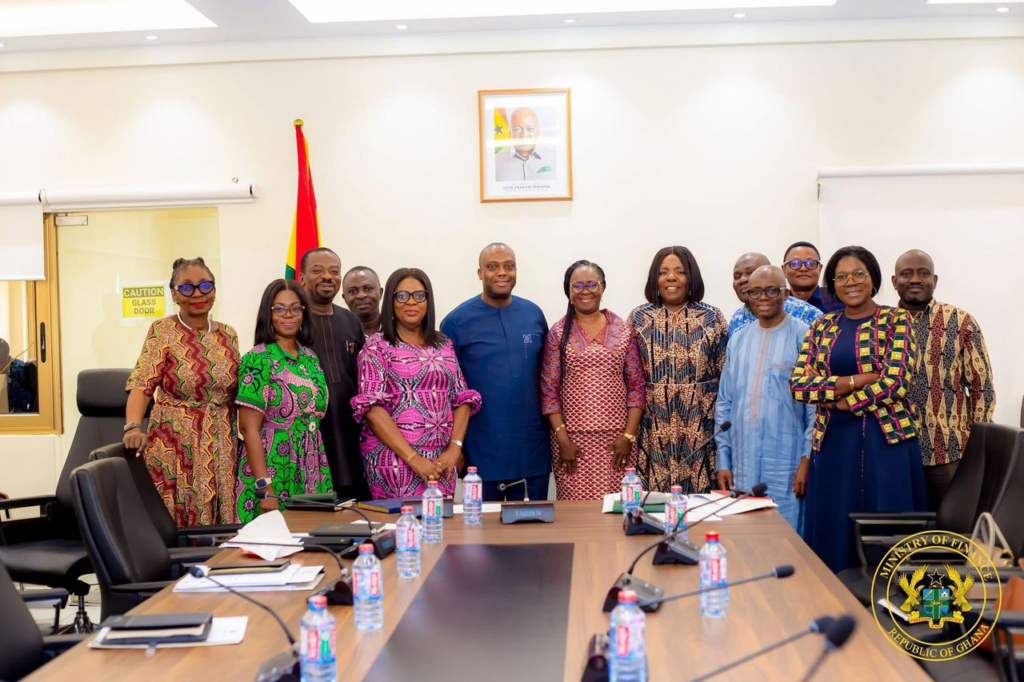1. EXECUTIVE SUMMARY
Planet Earth has never been so emphatic about the direction of humanity—toward either irreversible climate catastrophe or a shared, sustainable prosperity. At the heart of this defining moment lies the global green transition: a once-in-a-generation opportunity to decarbonize the global economy, safeguard ecological systems, and usher in a new era of inclusive, resilient growth. The stakes could not be higher. According to McKinsey & Company (2022), reaching a net-zero economy by 2050 will require $275 trillion in cumulative investments, with $9.2 trillion in annual green spending across sectors including energy, mobility, industry, and infrastructure. For countries prepared to act with clarity and conviction, the rewards are historic and generational.
For Ghana, this is more than a climate responsibility— it is a generational economic opportunity. At this pivotal inflection point, the country’s 24-hour economy initiative offers a bold and timely policy lever to capture a competitive share of the $9 trillion annual global green transition market. By extending industrial activity beyond conventional hours, the 24-hour economy optimizes energy usage, improves productivity, and signals Ghana’s readiness to lead in green manufacturing, trade, and innovation. Coupled with its strategic location on the Gulf of Guinea and preferential trade access through the African Continental Free Trade Area (AfCFTA), Ghana is uniquely positioned to emerge as a low-carbon industrial hub at the forefront of Africa’s green revolution.
This initiative is not emerging in a vacuum. It is embedded within Ghana’s broader Green Transition Policy (GTP) and firmly aligned with key UN Sustainable Development Goals (UN-SDGs):
- UN-SDG7 (Affordable and Clean Energy): Promote renewable energy adoption and enhance energy efficiency to reduce dependence on fossil fuels.
- UN-SDG9 (Industry, Innovation, and Infrastructure): Foster sustainable industrialization, encourage technological innovation, and build resilient infrastructure for 24/7 operations.
- UN-UN-SDG12 (Responsible Consumption and Production): Advance circular economy practices to minimize waste and optimize resource efficiency.
- UN-SDG13 (Climate Action): Implement carbon reduction targets, enhance climate resilience, and mitigate the environmental risks associated with industrial expansion.
Ghana has already laid the groundwork for green leadership. Flagship initiatives—such as the 250MWp Bui Solar-Hydro Hybrid Plant, Kantanka Electric Vehicles, and the rollout of operational recycling and composting facilities—signal a credible national commitment to green innovation, clean technology, and resource efficiency. Yet, these pioneering efforts represent only the seeds of a much larger transformation waiting to be scaled.
1.2 Opportunities of Ghana’s 24-Hour Economy
- Green Job Creation & Human Capital Development: Ghana can unlock millions of jobs by expanding renewable energy infrastructure, eco-industrial parks, and green skills training programs.
- Renewable Energy Integration & Resilience: Leveraging the country’s solar, wind, and hydro potential can meet rising energy demands and reduce reliance on fossil fuels.
- Green Investment & Trade Competitiveness: Aligning with global climate standards and compliance regimes like the EU’s Carbon Border Adjustment Mechanism (CBAM) will attract climate-conscious investors and preserve export access.
- Circular Economy Leadership: Mainstreaming zero-waste production, Extended Producer Responsibility (EPR), and sustainable supply chains positions Ghana at the frontier of circular innovation.
1.3 Challenges to Address
- Greenwashing & Weak Regulation: Without rigorous enforcement, misleading environmental claims could erode trust and deter serious investment.
- Rising Emissions & Resource Depletion: Unchecked industrial expansion could undermine Ghana’s climate pledges and exhaust natural capital.
- Unequal Access: Informal workers, women, and rural communities risk exclusion from green growth unless deliberate inclusion frameworks are adopted.
- Public Awareness Gaps: Limited communication and participation could breed mistrust and weaken public buy-in.
1.4 Policy Imperatives for Ghana’s Green Industrial Future
- Mandate Renewable Energy Integration: Enforce ambitious targets (50% by 2050) with fiscal incentives, concessional loans, and green bonds to accelerate uptake.
- Legislate Circular Economy Regulation: Require mandatory recycling benchmarks, EPR compliance, and incentives for zero-waste industrial models.
- Create a Green Compliance Authority: Establish an independent oversight body for third-party audits, verification, and enforcement of sustainability claims.
- Guarantee a Just Transition: Design inclusive policies—reskilling, gender-sensitive finance, and participatory governance—to ensure equitable access and social cohesion.
1.5 Strategic Roadmap for Implementation
To translate vision into action, Ghana must execute its green industrial ambition through a phased Strategic Roadmap:
- Short-Term (0–2 years): Enact foundational legislation (anti-greenwashing laws, mandatory renewable targets), expand renewable infrastructure, and launch national awareness campaigns.
- Medium-Term (3–5 years): Institutionalize circular economy practices, implement carbon pricing, and roll out green skills development nationwide.
- Long-Term (Beyond 5 years): Establish eco-industrial zones, achieve 50% renewable energy integration, and position Ghana as a green export hub through smart infrastructure and digital compliance systems.
This roadmap not only enhances Ghana’s readiness—it signals to investors, trading partners, and global institutions that Ghana is serious about leading Africa’s green transformation.
With bold leadership, coherent strategy, and unwavering environmental stewardship, Ghana can do more than participate in the green transition—it can shape it. By seizing this economic opportunity, Ghana will build a low-carbon industrial base while ensuring long-term prosperity rooted in justice, innovation, and climate resilience.
2. INTRODUCTION
Nowhere in the course of modern civilization has the planet been so forceful in demanding a reset. At the heart of this global crossroad lies the green transition: a sweeping transformation that demands the decarbonization of industries, restoration of ecosystems, and reimagining of how we power, produce, and prosper. Far beyond a climate imperative, it is a generational economic awakening—one that offers nations the rare chance to build more inclusive, resilient, and sustainable economies for the future.
As stated in McKinsey & Company’s 2022 report, achieving a net-zero global economy by 2050 will demand $275 trillion in cumulative investments and $9.2 trillion in annual spending across energy, mobility, industry, and infrastructure. For forward-looking nations—particularly in emerging economies—this shift is far more than a climate obligation. It presents a strategic opportunity to unlock global climate finance, attract sustainable investments, and reindustrialize through green innovation, renewable energy systems, and circular economic models. With the right policy frameworks, countries like Ghana can reposition themselves as hubs of low-carbon manufacturing, resource-efficient value chains, and inclusive, climate-resilient growth.
Ghana’s 24-hour economy initiative—which aims to extend productivity beyond conventional working hours—serves as a strategic cornerstone in the nation’s green transformation. When designed and implemented through a sustainability lens, this policy has the potential to fundamentally reengineer Ghana’s industrial ecosystem: powering operations with renewable energy, embedding circular value chains, and expanding economic opportunity to include vulnerable and historically marginalized populations.
Ghana’s ambition to lead Africa’s green industrial revolution is already underway. Under the Paris Agreement, the country has committed to reducing greenhouse gas (GHG) emissions by 15% by 2030. This commitment is backed by the Integrated Power System Master Plan (IPSMP), which charts a clear pathway toward achieving 10% renewable energy generation by 2030, with planned capacity additions that include:
- 520 MW of solar energy
- 325 MW of wind energy
- 60 MW of additional hydro capacity
Ghana’s solar potential—averaging 5.3 kWh/m²/day in northern Ghana and 4.5 kWh/m²/day in the south—positions solar power as a highly reliable energy source for sustaining 24-hour industrial operations. Complementing this, the country’s coastal wind corridors and established hydropower assets, such as the Akosombo and Bui Dams, offer additional avenues to diversify the national energy mix. Together, these renewable resources can ensure a stable, clean, and resilient power supply essential for driving low-carbon, round-the-clock 24-hour economic activity.
Moreover, Ghana’s strategic location along the Gulf of Guinea and preferential access to over 50 markets under the AfCFTA position the country as a gateway to green trade, technology transfer, and industrial investment.
This policy brief critically explores how Ghana can leverage its 24-hour economy model as a catalyst for capturing a competitive share of the global green transition market. Specifically, it:
- Identifies key opportunities for green job creation, renewable energy integration, circular economy innovation, and trade competitiveness;
- Diagnoses critical challenges including carbon intensity, greenwashing, weak regulatory enforcement, and social exclusion risks;
- Proposes bold, UN-SDG-aligned policy imperatives that address governance gaps, institutional weakness, and green investment barriers;
- Integrates a Strategic Roadmap—with short-, medium-, and long-term milestones—for transitioning from policy aspiration to practical implementation;
- Centers a Just Transition to ensure that Ghana’s green transformation is equitable, inclusive, and economically empowering for all segments of society.
At this pivotal moment in global history, Ghana must act not only with urgency but with vision. The green transition is not simply about decarbonizing the economy—it is about reimagining development itself.
3. OPPORTUNITIES AND CHALLENGES OF GHANA’S 24-HOUR ECONOMY IN DRIVING A GREEN TRANSITION
The introduction of Ghana’s 24-hour economy policy presents a bold and forward-looking strategy to stimulate green industrial growth, create decent jobs, and capture a competitive position in the global green economy. By enabling continuous economic activity across key sectors, this model can serve as a powerful catalyst for accelerating the country’s green transition. However, unlocking its full potential requires confronting and mitigating several systemic challenges that could undermine sustainability goals if left unaddressed.
3.1 Opportunities: Catalyzing Inclusive and Sustainable Industrial Growth
1. Green Job Creation and Skills Development
The 24-hour economy can drive massive green job creation by expanding renewable energy infrastructure, scaling sustainable manufacturing, and promoting circular economy industries. According to the International Labor Organization (ILO), green policies could create over 24 million jobs globally by 2030. Ghana can capitalize on this by:
- Developing eco-industrial zones with incentives for clean production.
- Establishing green skills academies focused on renewable energy, waste management, and climate-smart technologies.
- Prioritizing employment of youth, women, and informal workers through inclusive hiring and training frameworks.
2. Renewable Energy Integration and Climate Resilience
Operating industries around the clock requires dependable and clean energy. Ghana’s IPSMP targets 10% renewable generation by 2030, with over 900 MW in solar, wind, and hydro additions. The 24-hour model:
- Encourages off-peak renewable energy consumption to reduce grid stress.
- Enhances energy security by diversifying away from fossil fuels.
- Strengthens Ghana’s contribution to UN-SDG 7 and UN-SDG 13 by reducing carbon emissions and increasing resilience to climate shocks.
3. Attracting Green Investments and Enhancing Trade Competitiveness
By aligning with global sustainability frameworks—such as the EU’s Carbon Border Adjustment Mechanism (CBAM)—Ghana can position itself as a preferred destination for green capital and export markets. The 24-hour economy offers:
- Increased output capacity for export-led manufacturing.
- Compliance with climate-conscious investor criteria, particularly ESG (Environmental, Social, Governance) benchmarks.
- Strategic leverage under AfCFTA and preferential global trade agreements.
4. Promoting Circular Economy and Resource Efficiency
The circular economy presents a $4.5 trillion opportunity globally by 2030 (Ellen MacArthur Foundation, 2022). The 24-hour model provides a platform to:
- Implement EPR and zero-waste production cycles.
- Mandate industrial symbiosis in eco-parks where waste becomes input for other industries.
- Scale recycling and composting infrastructure, reducing pressure on landfills and raw materials.
3.2 Challenges: Structural Barriers to a Sustainable 24-Hour Economy
1. Rising Carbon Emissions and Resource Depletion
Extended operations without a clean energy foundation may exacerbate environmental degradation. Without sector-specific carbon caps:
- Ghana risks violating its Paris Agreement commitments (15% GHG reduction by 2030).
- Overuse of natural resources may trigger conflict over land, water, and minerals.
- Exposure to carbon tariffs could undermine export competitiveness.
2. Greenwashing and Regulatory Weakness
Without stringent oversight, the push toward green industrialization may be undermined by false sustainability claims. Ghana currently lacks:
- Independent green compliance audits to verify corporate sustainability reports.
- Enforceable anti-greenwashing legislation with meaningful penalties.
- Adequate institutional capacity to monitor and regulate ESG performance.
3. Unequal Access and a Risk of Green Exclusion
Informal workers, women, rural populations, and other vulnerable groups risk being sidelined from the benefits of the green transition. Barriers include:
- Lack of access to green skills training and financing.
- Urban-biased investment flows, leaving rural economies behind.
- Weak integration of just transition principles into national planning.
4. Public Perception and Low Awareness
Sustained public support is critical, but current levels of awareness about the 24-hour economy and Ghana’s green transition goals remain low. Risks include:
- Public mistrust due to perceived elitism or lack of transparency.
- Resistance to change from communities and businesses unprepared for the shift.
- Missed opportunities for grassroots innovation and local participation.
3.3 Strategic Considerations
To turn opportunities into impact and mitigate these risks, Ghana must:
- Embed climate-smart infrastructure and green standards into all 24-hour economy investments.
- Design participatory frameworks that empower vulnerable populations in shaping and benefiting from green policies.
- Build cross-sectoral regulatory coalitions to coordinate enforcement and investment flows.
- Communicate the 24-hour green vision clearly and consistently to win public trust and investor confidence.
4. ENSURING A JUST TRANSITION: PROTECTING VULNERABLE POPULATIONS AND PROMOTING INCLUSIVE GREEN GROWTH
The green transition, while rich in opportunity, also poses profound risks if not navigated with equity and foresight. As Ghana accelerates its 24-hour economy in pursuit of climate resilience and economic modernization, it must confront an urgent reality: unless deliberate, inclusive safeguards are embedded, the benefits of this transformation may elude those most in need. Informal workers, rural communities, youth, and women—who together constitute the backbone of Ghana’s socio-economic fabric—risk marginalization in the absence of targeted support, participatory governance, and inclusive financing mechanisms.
A just transition is not merely a moral imperative; it is an economic and political necessity. It ensures that no one is left behind, and that the shift to a green economy strengthens—not undermines—social cohesion and democratic legitimacy. The cost of neglecting inclusivity is high: rising inequalities, social unrest, labor displacement, and lost human potential.
Ghana’s just transition strategy must therefore rest on four interlocking pillars:
1. Inclusive Policy Design and Participatory Governance: Communities affected by industrial shifts must be empowered to shape the policies that impact their livelihoods. This requires the institutionalization of participatory mechanisms such as public advisory councils on green transition and community-level stakeholder forums. These platforms should be representative, gender-sensitive, and legally mandated to influence policy design and monitor implementation. Public-private partnerships must also be guided by equity principles, ensuring that benefits flow beyond urban and corporate centers.
2. Targeted Workforce Reskilling and Green Job Pipelines: A successful green transition hinges on a skilled and adaptable workforce. Ghana must roll out national green skills development programs, tailored to both urban and rural populations, with an emphasis on renewable energy, waste management, eco-construction, and circular economy practices. Retraining displaced workers—especially those from fossil fuel-dependent or informal sectors—must be prioritized. STEM education for girls and youth must be expanded to ensure long-term gender equity in green industries.
3. Equitable Access to Green Financing and Innovation: Access to finance often defines who can participate in the new economy. Ghana’s green financing architecture must be redesigned to address this inequity. Microfinance institutions, public green funds, and concessional loans should be tailored to support women-led enterprises, youth start-ups, and rural cooperatives. Incentives should be extended to businesses that demonstrate inclusive employment and community benefits. Additionally, digital tools should be deployed to democratize access to information and financing opportunities.
4. Strengthened Social Protection and Transition Safety Nets: Green transitions inevitably produce winners and losers. Ghana must build adaptive social protection systems—including unemployment insurance, livelihood grants, healthcare coverage, and relocation support—to mitigate the short-term disruptions of economic reconfiguration. These mechanisms should be responsive, transparent, and embedded within national climate and labor policy frameworks.
International best practices—from South Africa’s Just Energy Transition Framework to Spain’s Coal Transition Pacts—demonstrate that equitable green transformations require more than intention; they demand institutional commitment, fiscal investment, and continuous civic engagement. Ghana must draw inspiration from these models while crafting a locally grounded, culturally relevant approach.
Ultimately, Ghana’s green future must be one in which the shift to a 24-hour economy uplifts the many, not the few. Equity is not a footnote to economic modernization—it is the foundation. By embedding justice at the heart of its transition strategy, Ghana can create a resilient, inclusive economy that mirrors the values of its people and the ambitions of the Sustainable Development Goals.
5. POLICY IMPERATIVES FOR ENSURING SUSTAINABILITY AND REGULATORY COMPLIANCE
To translate Ghana’s green transition aspirations into measurable outcomes, strong policy scaffolding must anchor the 24-hour economy. Without enforceable sustainability mandates, robust compliance architecture, and inclusive regulatory frameworks, the initiative risks reinforcing the very inefficiencies and inequalities it seeks to dismantle. This section outlines the foundational policy imperatives Ghana must adopt to secure credibility, environmental integrity, and long-term economic viability in the global green economy.
5.1 Mandating Renewable Energy Adoption and Efficiency Standards
A 24-hour economy will significantly increase Ghana’s energy demand, placing unprecedented pressure on the national grid. To avoid entrenching fossil fuel dependency, Ghana must mandate that industries operating round-the-clock source an increasing share of their energy from renewables—setting a minimum target of 50% by 2030 and 100% by 2050. These mandates should be underpinned by:
- Tax incentives and concessional green loans to de-risk renewable energy investments.
- Green bonds to finance solar, wind, and hydro infrastructure at scale.
- Mandatory energy efficiency benchmarks for key sectors, ensuring optimal use of every kilowatt-hour.
These policies must be aligned with international best practices, including the EU Renewable Energy Directive and the IEA Net-Zero Emissions pathway.
5.2. Enforcing Circular Economy Legislation
A circular economy is no longer aspirational—it is essential. Ghana must introduce binding legislation that mandates industrial adherence to circular production models. Key components should include:
- Extended Producer Responsibility (EPR): Compelling producers to take back and recycle their products and packaging.
- Zero-Waste Mandates: Industries must meet sector-specific waste reduction and resource recovery targets.
- Incentives for circular supply chains: Offering tax relief to companies that close material loops and eliminate landfill dependence.
This regulatory framework will advance SDG 12 and position Ghana as a regional leader in waste-to-wealth innovation.
5.3. Establishing a Green Compliance and Anti-Greenwashing Authority
Sustainability claims without verification are dangerous. Greenwashing undermines public trust, misleads investors, and distorts markets. Ghana must therefore enact anti-greenwashing legislation and establish an independent Green Compliance Authority with powers to:
- Conduct third-party sustainability audits across industrial sectors.
- Penalize false or unverifiable environmental claims.
- Certify green products and operations under a national eco-labeling scheme.
This will reinforce UN-SDG 13 and build investor confidence by making Ghana’s sustainability credentials both credible and transparent.
5.4. Institutionalizing a Just Transition Framework
Policy must not only be green—it must be fair. Ghana’s transition to a 24-hour green economy must be guided by a Just Transition Framework that includes:
- Mandatory impact assessments of green policies on vulnerable groups.
- Inclusive governance structures with representation from labor unions, traditional authorities, and civil society.
- Legal protection and grievance redress mechanisms for communities affected by industrial expansion.
This institutional safeguard will ensure that social equity becomes an enabler—not a casualty—of economic transformation.
5.5. Leveraging Public-Private Partnerships (PPPs) for Innovation and Scale
Private sector capital and innovation are indispensable. Ghana must deepen collaboration through PPPs that:
- Mobilize investments in green infrastructure, smart logistics, and eco-industrial zones.
- Enable knowledge transfer and local R&D through joint ventures with international green tech firms.
- Establish a Green Investment Fund, capitalized through sovereign guarantees and donor contributions, to support high-impact, inclusive green projects.
Such partnerships will accelerate progress toward UN-SDGs 7, 9, and 13, while de-risking innovation at scale.
5.6. Digitalizing Environmental Monitoring and Policy Enforcement
Data is the foundation of effective policy enforcement. Ghana must build a national digital compliance platform that uses AI and satellite monitoring to track:
- Corporate emissions and energy consumption in real time.
- EPR compliance and waste recovery rates.
- Performance against sectoral sustainability targets.
This system should integrate with Ghana’s national climate reporting mechanisms and feed directly into policy adaptation cycles.
Together, these six imperatives form the policy engine that will drive Ghana’s 24-hour economy toward sustainability, compliance, and global leadership. They combine ambition with accountability, innovation with inclusion, and vision with verifiability. Implementing them will not only protect Ghana’s environmental assets—it will define the credibility and competitiveness of Ghana’s green industrial future.
6. STRATEGIC ROADMAP FOR IMPLEMENTATION
For Ghana to meaningfully capture a share of the $9 trillion annual global green transition market, bold policy vision must be matched by structured, phased implementation. The 24-hour economy cannot succeed as an aspirational slogan—it must evolve into a disciplined operational framework with clear milestones, resource commitments, and institutional accountability. This Strategic Roadmap presents a pragmatic, time-bound trajectory across short-, medium-, and long-term horizons, guiding Ghana from ambition to action, and ultimately to green industrial leadership.
6.1 Short-Term Priorities (0–2 Years): Laying the Institutional and Regulatory Foundation
In this phase, Ghana must solidify the policy and institutional groundwork necessary to legitimize its green transition agenda and activate early wins. Key actions include:
- Enact Anti-Greenwashing Legislation: Introduce laws penalizing misleading environmental claims, backed by mandatory sustainability reporting and third-party audit requirements.
- Launch the Green Compliance Authority (GCA): Establish an independent body to oversee corporate sustainability claims, audit emissions, and verify circular economy compliance.
- Operationalize Renewable Energy Mandates: Begin enforcing minimum renewable energy sourcing for large-scale industries, starting at 20% and scaling incrementally.
- Create the National Green Certification Program: Develop a government-endorsed eco-label to validate genuinely sustainable products and operations.
- Public Awareness Campaigns: Launch mass communication initiatives to educate citizens, workers, and businesses about the benefits, expectations, and responsibilities of the 24-hour green economy.
6.2 Medium-Term Goals (3–5 Years): Scaling Innovation and Building Infrastructure
The medium term focuses on institutional deepening, infrastructure rollout, and scaling systems that enable green industry to thrive.
- Achieve 50% Renewable Energy Integration for Industrial Use: Provide financing incentives for solar, wind, and hydro adoption across priority sectors.
- Develop Circular Economy Industrial Zones: Establish eco-industrial parks that share waste-to-resource systems, water recycling, and clean energy grids.
- Introduce EPR Enforcement: Mandate sector-wide compliance, with recycling targets and penalties for non-compliance.
- Operationalize Just Transition Support Mechanisms:
- Launch retraining programs targeting displaced workers in fossil fuel and extractive sectors.
- Establish green microfinance schemes for women, youth, and rural entrepreneurs.
- Deploy a National Sustainability Compliance Platform: A digital monitoring and enforcement system using AI and IoT tools to track carbon emissions, resource usage, and regulatory violations in real time.
6.3 Long-Term Vision (6–10+ Years): Establishing Ghana as a Green Industrial Powerhouse
This phase aims to consolidate Ghana’s leadership in Africa’s green transition by creating a globally competitive, low-carbon, high-innovation economy.
- Achieve 100% Renewable Energy in 24-Hour Industrial Operations: Complete transition to a clean energy industrial base, in line with Ghana’s Paris Agreement targets.
- Establish Ghana’s Green Industrial City Initiative:
- A flagship eco-city powered entirely by renewable energy, hosting clean-tech clusters, circular manufacturing hubs, and green logistics corridors.
- Position Ghana as a Green Export Hub:
- Align with EU Carbon Border Adjustment Mechanism (CBAM) standards to maintain trade competitiveness.
- Expand exports of electric vehicles, green textiles, eco-friendly packaging, and sustainable agri-products.
- Institutionalize a National Green Transition Observatory:
- A research and policy evaluation center that monitors trends, tracks sustainability metrics, and recommends future policy recalibrations.
6.4 Tracking Progress and Accountability
To ensure disciplined implementation, Ghana must adopt the following governance tools:
- Sector-Specific KPIs: Develop clear, measurable performance indicators for renewable energy adoption, circular economy compliance, job creation, and emissions reduction.
- Annual Green Economy Reports: Publicly track progress on roadmap milestones, with recommendations for recalibration where targets are not met.
- Stakeholder Engagement Forums: Host annual green economy summits to consult industry, civil society, academia, and development partners on progress and co-create policy refinements.
By following this roadmap, Ghana can convert visionary policy into institutional momentum, attracting global investments while empowering its people. The 24-hour green economy will not only extend Ghana’s working hours but also expand its global relevance, economic resilience, and environmental legacy for generations to come.
7. CONCLUSION AND POLICY RECOMMENDATIONS
Ghana stands at a critical inflection point. The global green transition—valued at $9.2 trillion annually and totaling $275 trillion by 2050—offers a once-in-a-generation opportunity to reshape the country’s industrial trajectory. Ghana’s 24-hour economy initiative, if strategically implemented, can serve as the catalyst for unlocking this opportunity by extending productivity, enabling renewable energy adoption, embedding circular economy practices, and promoting inclusive green growth.
The imperative now is clear: Ghana must move beyond vision to disciplined execution. The path ahead demands bold leadership, institutional innovation, and an unwavering commitment to sustainability, equity, and global competitiveness.
7.1 Summary of Strategic Priorities
To capture a competitive share of the global green transition market while safeguarding socio-economic inclusivity, Ghana must focus on:
- Energy Transformation: Scale renewable energy integration to power 24/7 industrial activity, aiming for 50% by 2050.
- Circular Economy Integration: Enforce zero-waste production models, robust EPR frameworks, and sector-wide recycling mandates.
- Regulatory Credibility: Establish a green compliance authority to prevent greenwashing, enforce sustainability standards, and monitor emissions.
- Inclusive Green Growth: Design just transition frameworks that prioritize informal workers, women, youth, and rural populations through reskilling, financing, and community-based policy participation.
7.2 Policy Recommendations
- Mandate Progressive Renewable Energy Targets
• Legislate sector-specific renewable energy thresholds.
• Offer tax incentives, concessional loans, and access to green bonds.
• Expand Ghana’s national grid and off-grid clean energy solutions.
- Strengthen Circular Economy Regulation
• Enforce national EPR legislation and recycling targets.
• Provide subsidies and incentives for circular production models.
• Establish eco-industrial zones across regional economic corridors.
- Combat Greenwashing and Ensure Regulatory Oversight
• Enact anti-greenwashing legislation.
• Launch the Green Compliance Authority for third-party sustainability audits.
• Digitize enforcement using AI-enabled emissions tracking systems.
- Implement a Just Transition Framework
• Launch green job training centers targeting extractive and informal sector workers.
• Establish gender-sensitive green financing mechanisms.
• Institutionalize community participation in green policy design and delivery.
- Operationalize the Strategic Roadmap
• Adopt the phased roadmap—short-term, medium-term, and long-term targets—to translate vision into action.
• Assign lead institutions and allocate resources per milestone.
• Regularly evaluate performance and publish annual green economy reports.
Ghana’s green transition is no longer a conceptual aspiration—it is a strategic necessity. The 24-hour economy must evolve from policy promise to a flagship implementation model that showcases Africa’s capacity to lead in the global climate economy. If Ghana succeeds, it will not only reduce emissions or create jobs—it will define the future of inclusive, climate-smart industrialization for the continent.
–
Jacob Naabong Dapilah, BA, Dip, MSc, PhD,
Sustainability Strategist/Waste & Resource Management Consultant
Tel: +233 267420241/553799358
Email: [email protected]
DISCLAIMER: The Views, Comments, Opinions, Contributions and Statements made by Readers and Contributors on this platform do not necessarily represent the views or policy of Multimedia Group Limited.
Tags:
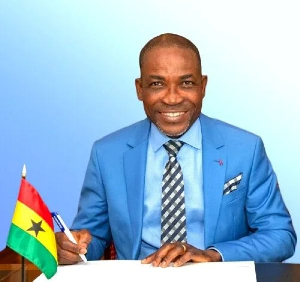 Rev. Stephen Wilfred Arthur
Rev. Stephen Wilfred Arthur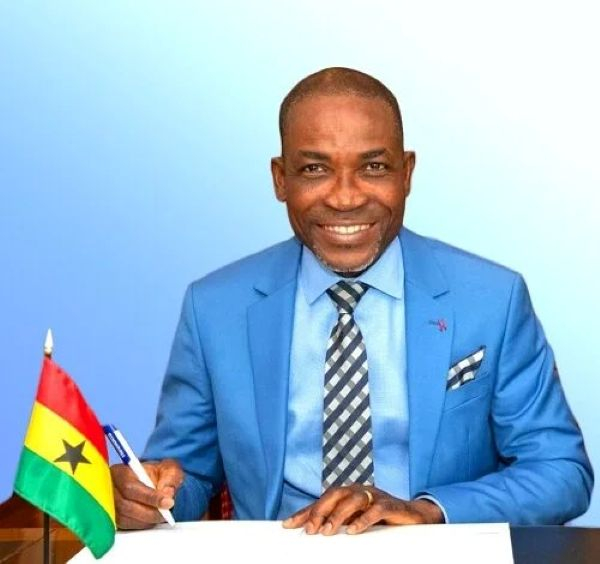
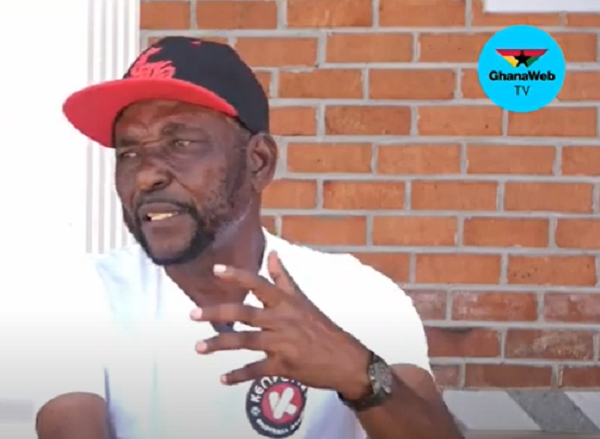
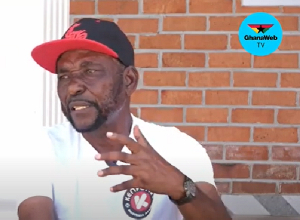
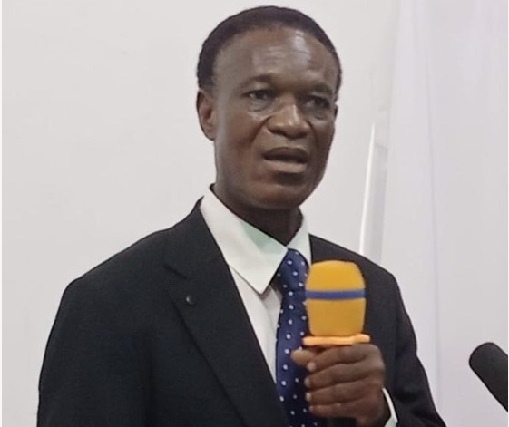

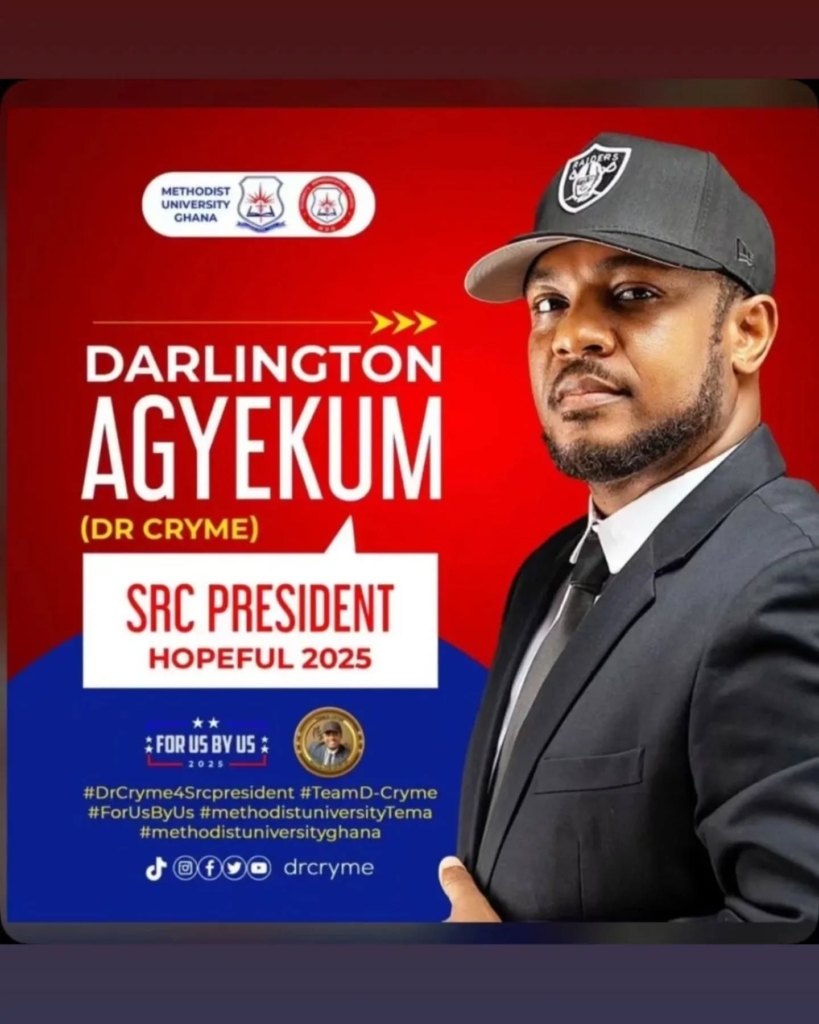







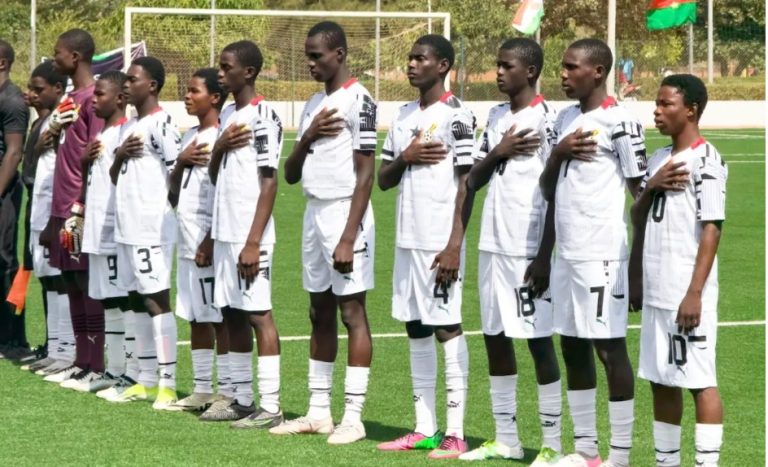


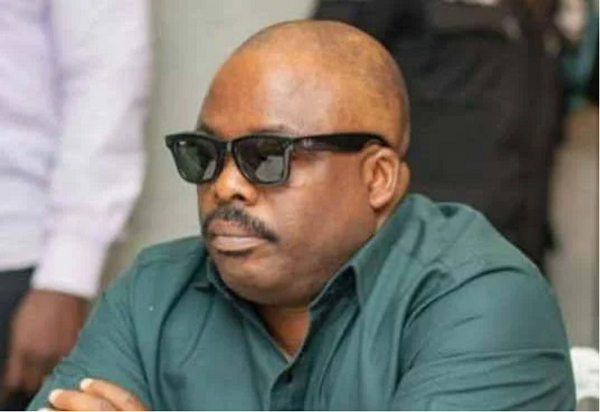
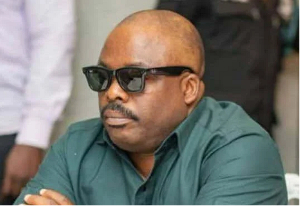
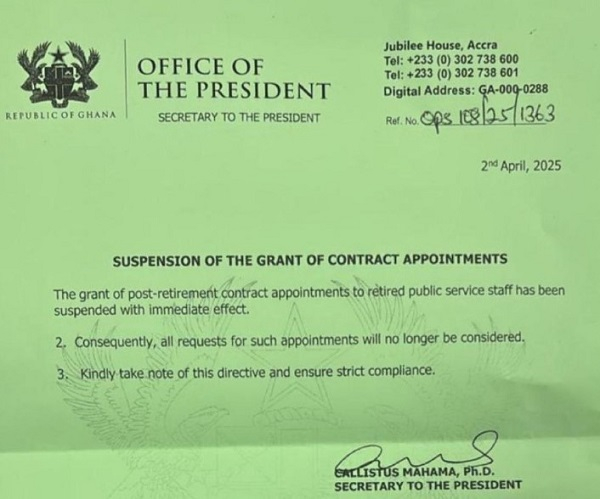

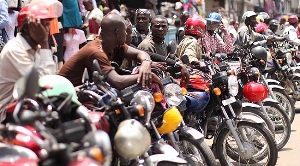




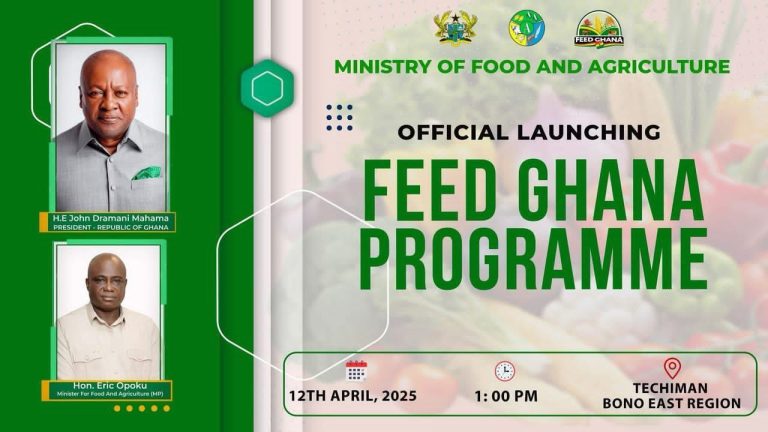
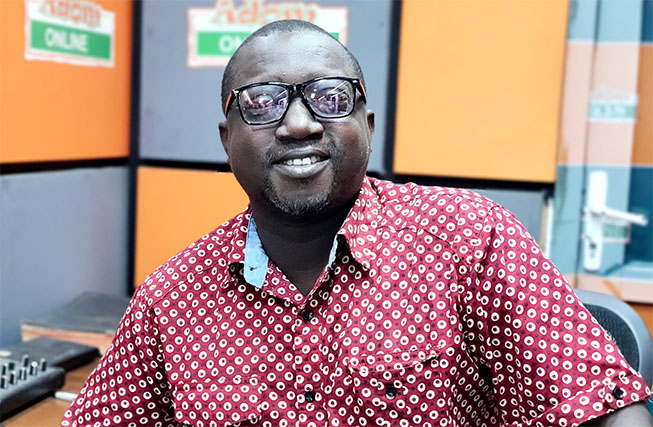
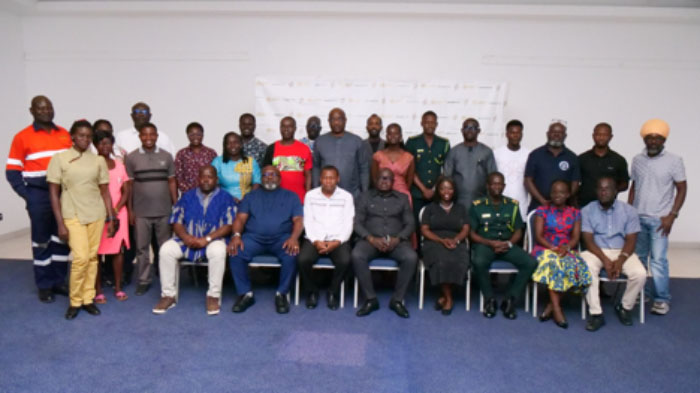



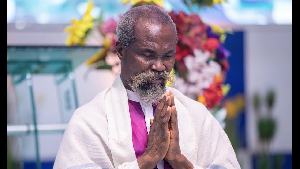

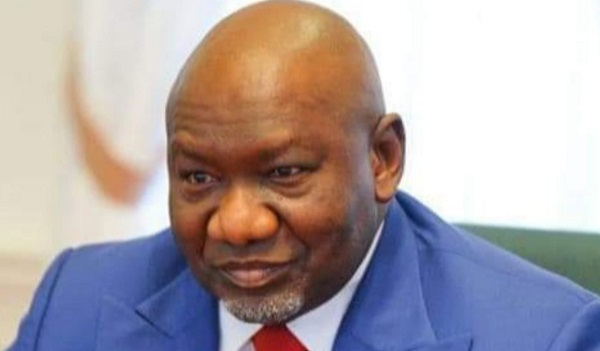
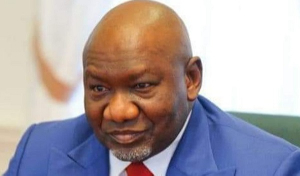




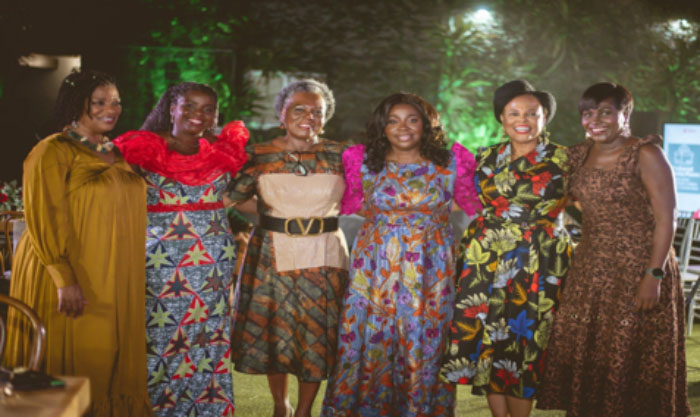
![Bishop Owusu-Ansah breaks down in tears in glowing tribute to DJ Awana [Video] Bishop Owusu-Ansah breaks down in tears in glowing tribute to DJ Awana [Video]](https://www.ghanamma.com/wp-content/uploads/2025/04/3f560d7fccc8c80e314c85b150f66b8b.jpeg)
